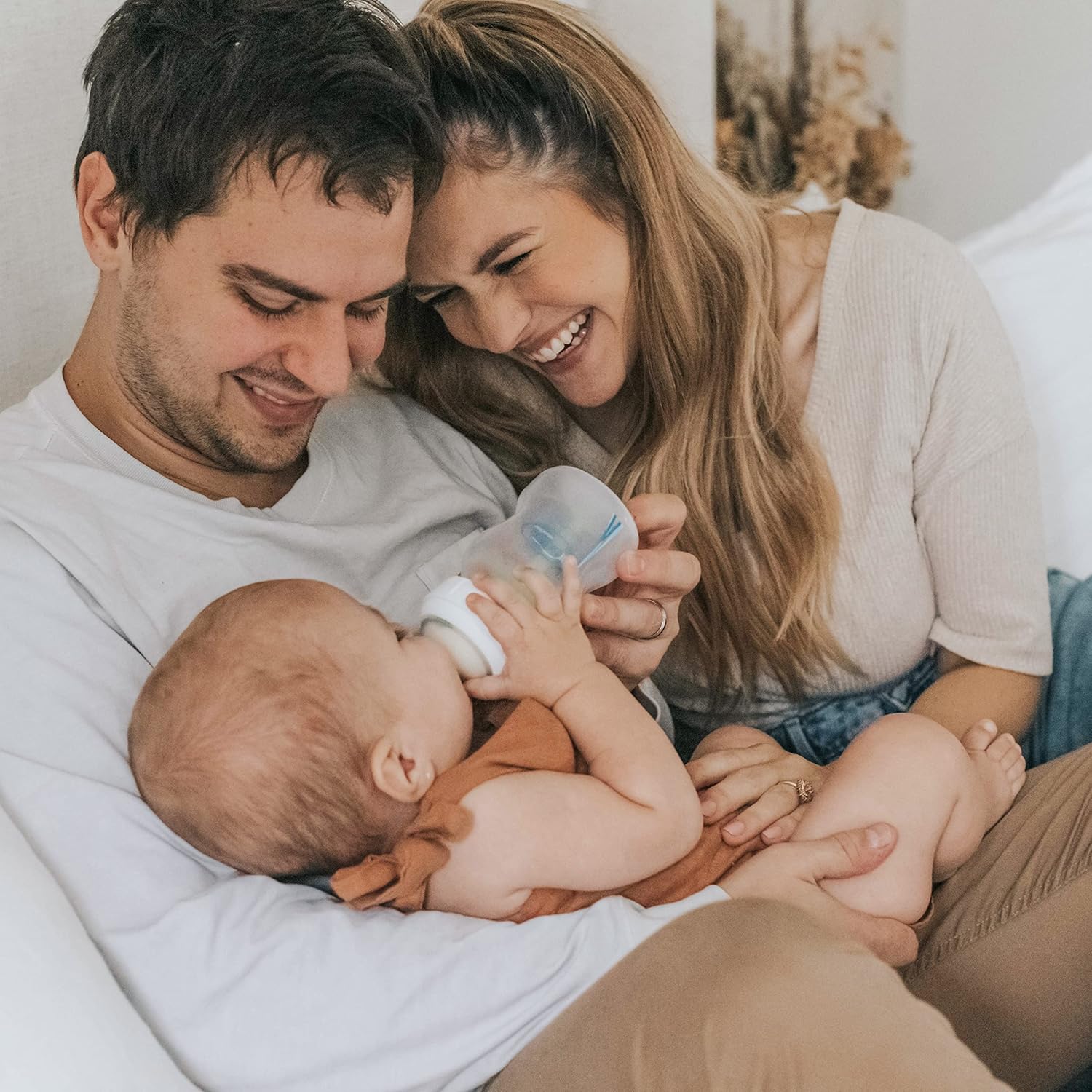Understanding Anxious Attachment in Childhood: Causes, Effects, and Solutions
Attachment theory, advanced by using British psychologist John Bowlby, explores the bonds among youngsters and their caregivers. The way a toddler connects with their primary caregiver performs a crucial role of their emotional and social improvement. One unique attachment fashion that may emerge in early formative years is worrying attachment. Understanding irritating attachment is essential for parents, caregivers, and educators, as it may substantially impact a child’s improvement and relationships in later life.
What is Anxious Attachment?
Anxious attachment, additionally known as tense-resistant or ambivalent attachment, takes place whilst a toddler reviews inconsistency of their caregiver’s availability and responsiveness. Children with this attachment style may also experience insecure and uncertain about their caregiver’s reliability, main to heightened tension about their relationships.
Causes of Anxious Attachment
Several factors can make a contribution to the development of nerve-racking attachment in youngsters, including:
- Inconsistent Parenting: When caregivers range among being nurturing and neglectful, it creates confusion for the kid. They can be unsure whether their desires may be met, main to anxiety.
- Parental Mental Health Issues: If a caregiver struggles with anxiety, despair, or different mental fitness demanding situations, they’ll be much less aware of their baby’s needs, impacting the child’s experience of security.
- High Stress Environments: Living in a chaotic or high-strain environment can save you caregivers from consistently meeting their infant’s emotional wishes.
- Frequent Changes in Caregivers: Instability, inclusive of more than one caregivers or changes in living conditions, can disrupt the attachment manner and cause anxiety.
Signs of Anxious Attachment in Children
Children with tense attachment might also exhibit numerous behaviors, which includes:
- Clinginess: They may hold to caregivers and show trouble exploring their environment, frequently fearing separation.
- Extreme Distress: They might also grow to be excessively dissatisfied while separated from their primary caregiver and war to relax.
- Difficulty with Relationships: Anxious attachment can lead to challenges in forming and preserving relationships with friends.
- Overreliance on Adults: They may additionally are searching for regular reassurance and validation from caregivers or different adults, frequently acting overly established.
- Emotional Outbursts: These children might show severe emotions, which includes anger or frustration, after they sense abandoned or omitted.
Effects of Anxious Attachment
The effect of irritating attachment can extend beyond adolescence and into adulthood. Adults with irritating attachment may revel in:
- Difficulty Trusting Others: They might also war to consider companions or pals, fearing abandonment or rejection.
- Relationship Challenges: Anxious attachment can cause risky relationships, as those people frequently are seeking excessive reassurance and can feel overwhelmed via closeness.
- Low Self-Esteem: They may warfare with feelings of inadequacy and fear of now not being properly enough for others.
- Increased Anxiety: The patterns set up in adolescence may additionally make contributions to ongoing tension in various components of life, including paintings and private relationships.
How to Support a Child with Anxious Attachment
If you believe you studied your baby is experiencing traumatic attachment, there are several ways to offer guide and encourage secure attachment:
- Consistent Caregiving: Strive to be a strong and reliable presence in your baby’s existence. Respond to their desires always, and provide consolation and reassurance when they are distressed.
- Promote Independence: Encourage your child to explore their surroundings at their own tempo. Gradually allow them to engage in impartial play even as making sure they realize you’re nearby.
- Open Communication: Talk for your baby about their emotions and experiences. Encourage them to explicit their emotions and validate their issues.
- Model Healthy Relationships: Demonstrate positive, wholesome relationships to your personal life. Show them how to communicate efficaciously and remedy conflicts in a healthy way.
- Therapeutic Support: If worrying attachment is substantially impacting your toddler’s lifestyles, keep in mind searching for the assist of a toddler psychologist or therapist who focuses on attachment issues. They can provide guidance and techniques tailored to your baby’s precise wishes.
- Parenting Education: Educate your self approximately attachment styles and powerful parenting strategies. Understanding your toddler’s needs will let you foster a stable attachment.
Conclusion
Anxious attachment in adolescence can result in demanding situations in emotional law, relationships, and average well-being. However, with steady help, love, and knowledge, mother and father and caregivers can help their youngsters broaden a secure attachment fashion. By fostering a nurturing environment and inspiring open conversation, you could empower your baby to build healthful relationships and navigate the arena with self belief. Remember, early intervention and assist can make a sizable difference in your infant’s emotional improvement and future relationships.




